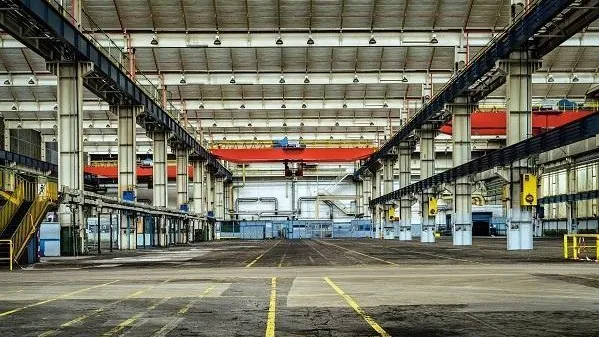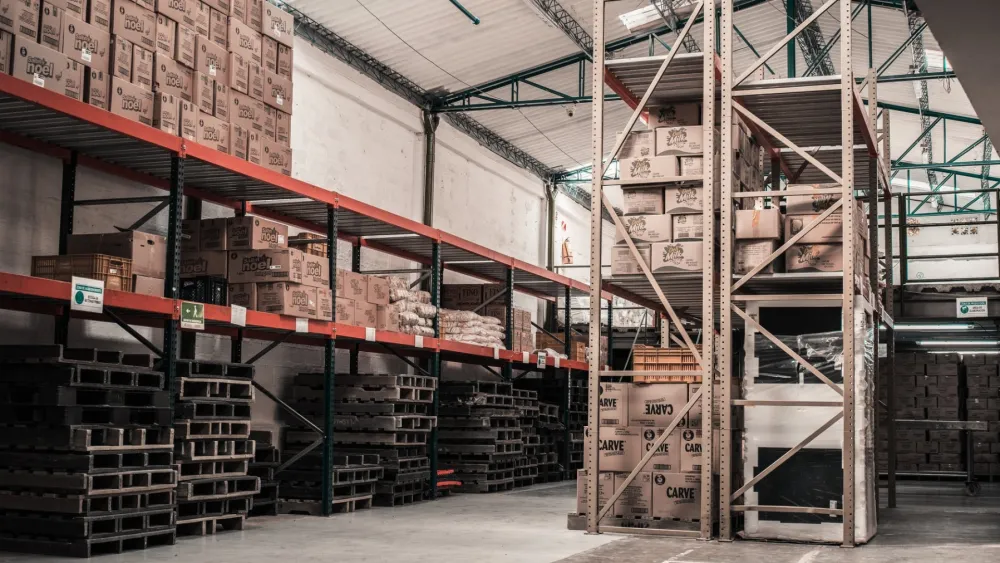
Here are 3 latent risks in Japan’s logistics market
The lack of tenant diversification is one.
Although the fundamentals of the logistics market appear sound, Savills says the rapidly compressed cap rates may reflect overly optimistic investor attitudes and leave limited room for correction.
Based on Savills in-house surveys, logistics market cap rates in Tokyo have compressed from 3.9% in 2018 to 3.3% in 2021, mainly due to the large volumes of capital flowing into the sector.
Here’s more from Savills:
On one hand, the tight cap rates can be justified by the long-term and stable leases that come with logistics facilities, as well as their positive prospects for demand. Additionally, the logistics cap rates in Japan have not yet reached the levels seen in countries in the west like Germany and the United Kingdom, which supports the view that rates can be compressed further. The robust levels of capital flowing into the Japan market may also allow cap rates to go even lower in the near future. Nevertheless, the logistics sector appears more overheated than other sectors.
Indeed, the 3.3% cap rate of logistics properties is now below the 3.4% rate of Grade B officers and mid-market residential properties, whose sectors are considered more mature and have longer track records. Although our base-case scenario remains positive for the logistics sector, it is important to highlight the latent risks in this sector, especially when it appears clouded with optimism.
First, in comparison with urban properties like offices, logistics properties have significantly less land value because they are situated in areas that are unsuitable for many other uses. This means that value-add initiatives are limited, and logistics properties could quickly lose their value if the buildings suffer from functional or economic obsolescence.
For instance, there has been greater demand recently for modern logistics facilities that are larger and more accessible to residential areas. Hence, older properties that do not meet these requirements may rapidly lose traction. The higher proportion of value attributed to the buildings also makes logistics properties more vulnerable to unforeseen damage from natural disasters or accidents like fires. To make matters worse, any devaluations of these properties may trigger loan covenants, worsening the situation and potentially causing a chain reaction which might affect other facilities.
Secondly, the difficulty of tenant diversification is another risk especially apparent in the logistics sector. The 3PL and e-commerce companies that have been driving demand are dominated by a few major players that are the primary tenants of many large-scale logistics centres. For instance, the top three 3PL companies occupy close to a quarter of leased areas in the properties owned by GLP J-REIT. Furthermore, Nippon Prologis REIT leases about 15% of its properties to three e-commerce companies - ZOZO, Amazon, and Rakuten. This is the case for J-REITs with about 100 properties under their portfolios, and the situation could be even more acute for many other investors.
Indeed, both the 3PL and e-commerce industries effectively resemble oligopolies because operational scale provides a strong competitive advantage in both business models, hence prompting large players to become even larger. Specifically, 3PL companies with larger networks can win over a larger market share because they can provide integrated services in wider regions at a lower cost.
For e-commerce, scale is also the primary differentiator as customers are generally drawn to platforms with a greater range of offerings. This can be overall problematic for logistics facility owners because these large tenants consequentially have strong negotiation power to lower rents when the market softens.
Additionally, heightened development costs, especially industrial land prices, have made the logistics market vulnerable to a potential shock. According to Koji Chika, an annual land price survey, since 2009, industrial land prices have grown over 30% on average - meaning that some sites have seen even greater appreciation. Indeed, some rumoured transactions indicate significant price premiums paid for logistics facility development sites.
For instance, Tokyo Keizai reported that Mitsubishi Estate was rumoured to have paid about JPY1.7 million per tsubo for the development site of its planned Logicross project in Sagamihara, Kanagawa. Given that Koji Chika indicated about JPY300,000 per tsubo for industrial land in the area, the rumoured transaction was almost six times greater than the market average, putting it on level with residential land prices.
Heightened land prices are worrisome because they tend to lead to aggressive underwritings, and are likely accompanied with overly optimistic growth projections to support these projects. Although experienced developers are less likely to make such decisions, inexperienced players who have newly entered the market may be more susceptible to making unrealistic forecasts. It also seems that many investors, especially late entrants, are under pressure to spend large amounts of capital and have incentives to do so even if it results in aggressive underwriting.
Additionally, due to high land prices, some may have compromised and developed facilities in unideal areas where accessibility is poor and attracting workers will be a challenge. When the market turns, these newer players could become a tinderbox, possibly destabilising the entire market.
Read the full report here.



















 Advertise
Advertise





